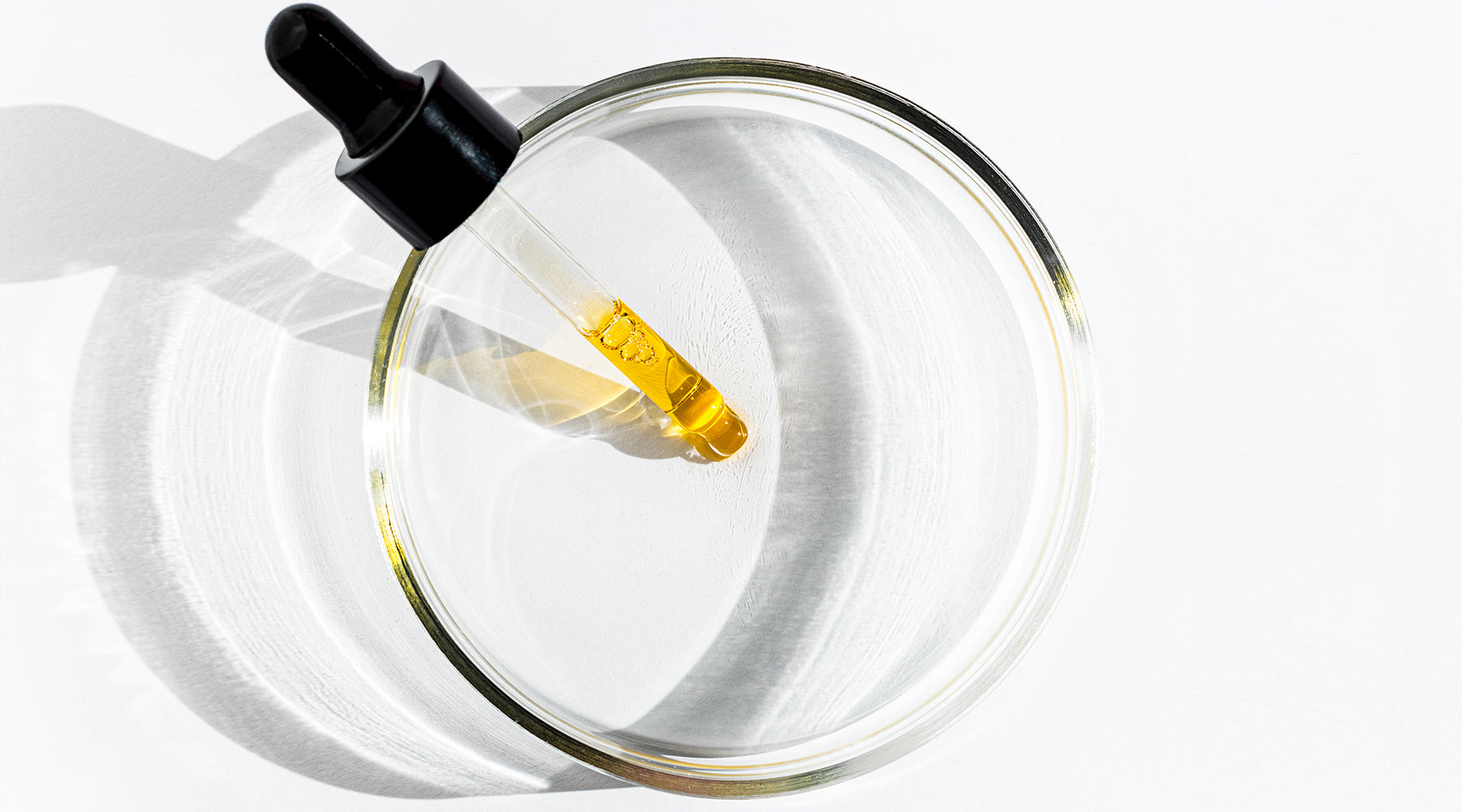
How does Lycopene Reduce Dark Spots on Skin?
Lycopene is a powerful antioxidant found in red fruits and vegetables such as tomatoes, watermelon, and papaya. In recent years, there has been increasing interest in the potential health benefits of lycopene, including its ability to reduce dark spots on the skin. But how exactly does lycopene accomplish this task?
According to a study published in the Journal of Dermatology and Skin Health, lycopene reduces dark spots on the skin in several ways. One of the main mechanisms is its ability to protect the skin from oxidative stress, a major contributor to skin aging and hyperpigmentation. The study stated, "Lycopene is being widely employed in cosmetic formulations due to its protective properties against photodamage and skin aging."
Lycopene Neutralizes Free Radicals
Oxidative stress occurs when there is an imbalance between free radicals and antioxidants in the body. Free radicals are highly reactive molecules that can damage cells and tissues, leading to inflammation, DNA damage, and other harmful effects. Antioxidants, on the other hand, help to neutralize free radicals and prevent them from causing damage. Lycopene is a potent antioxidant that can help to protect the skin from oxidative stress. According to the study, "Lycopene is an effective antioxidant...", "...topical application of lycopene before UV radiation exposure reduced photodamage."
In addition to its antioxidant properties, lycopene has anti-inflammatory effects that can help to reduce skin irritation and inflammation. This can be especially beneficial for individuals with dark, sensitive, or acne-prone skin.
Lycopene Improves Hyperpigmentation
Skin irritation and inflammation can cause hyperpigmentation in individuals with dark skin, and people with darker skin tones are more prone to post-inflammatory hyperpigmentation (PIH), which occurs after skin inflammation or injury, such as acne, eczema, or burns.
PIH appears as dark patches or spots on the skin and can result from increased melanin production in response to skin inflammation. Lycopene has anti-inflammatory effects and can help reduce skin inflammation, making it a promising ingredient in skincare formulations designed to prevent and treat PIH. Therefore, individuals with dark skin may benefit from using skincare products containing lycopene to prevent and treat hyperpigmentation caused by skin irritation and inflammation.
Lycopene Improves Overproduction of Melanin
Another way that lycopene may help to reduce dark spots on the skin is through its ability to inhibit melanin production. Melanin is the pigment that gives skin its color, and an overproduction of melanin can lead to dark spots and hyperpigmentation.
Conclusion
Overall, the evidence suggests that lycopene may be a valuable ingredient in skincare products designed to reduce dark spots and hyperpigmentation. Lycopene has been shown to have various skin health benefits, including protection against UV radiation, improvement of skin texture and elasticity, and reduction of hyperpigmentation.
Incorporating lycopene-rich foods into your diet, such as tomatoes, watermelon, and papaya, may also be beneficial for maintaining healthy, glowing skin. As always, it is essential to consult with a dermatologist before starting any new skincare regimen or making significant changes to your diet or lifestyle.
Reference: Nalluri, R., Haritha, D., Srinivasarao, G., & Pavani, D. (2021). Skin health properties of lycopene and melatonin. Journal of Dermatology and Skin Health, 3(1), 19-22.
___________________________________________________________
